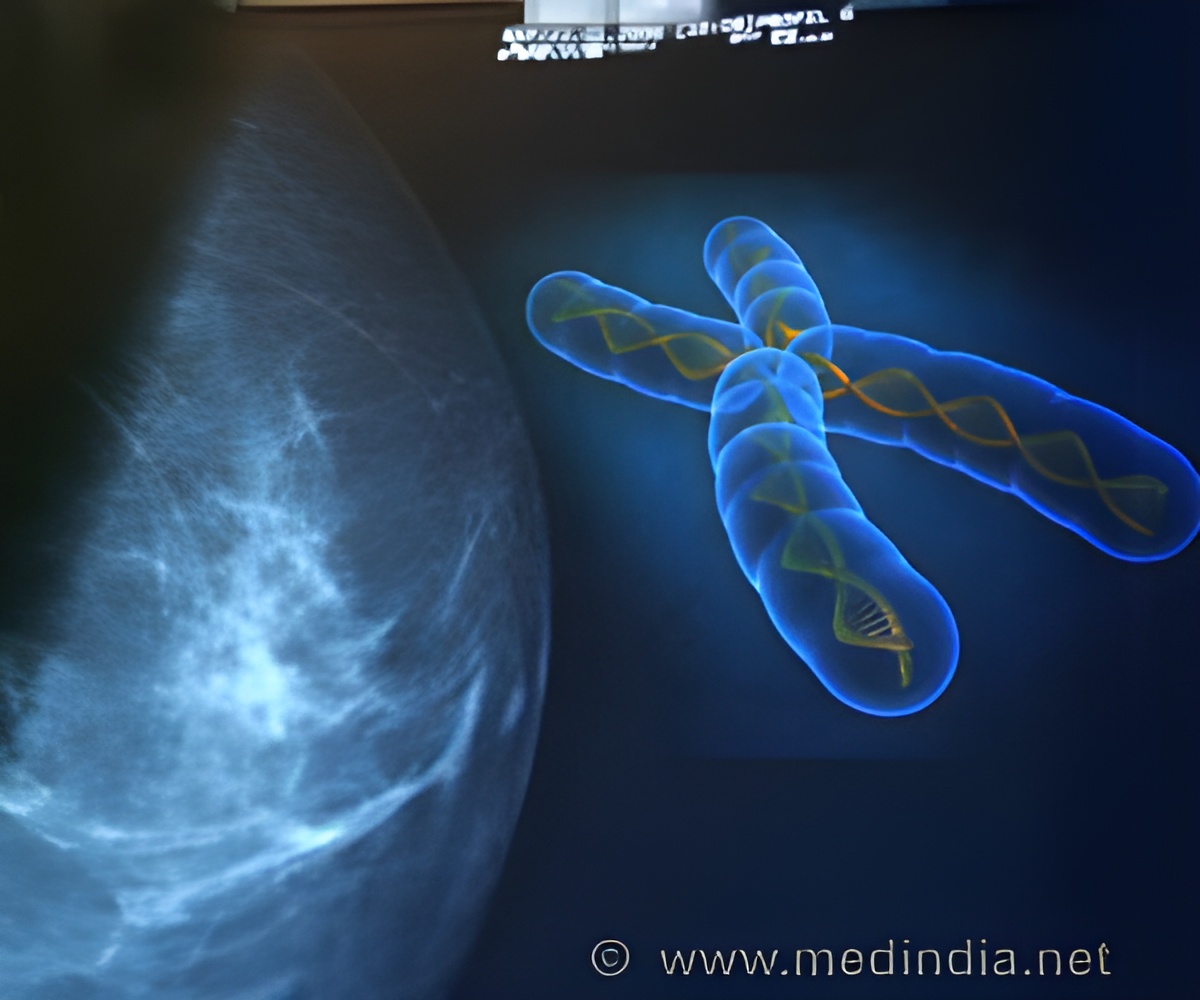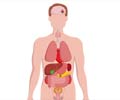
‘Genetic testing rates for BRCA gene mutation has increased due to awareness, insurance coverage, and also media attention on the Angelina Jolie effect.’
Tweet it Now
Dr Ann H. Partridge of the Dana-Farber Cancer Institute, Boston, and coauthors described the use of BRCA testing in a group of women diagnosed with breast cancer at 40 or younger and examined how concerns about genetic risk and genetic information affected treatment decisions.The researchers analyzed 897 women 40 and younger diagnosed with breast cancer at 11 academic and community medical centers.
They found 780 (87%) of women underwent BRCA testing by one year after breast cancer diagnosis (average age at diagnosis 35.3 years vs. 36.9 years for untested women). Only 117 (13%) women had not undergone BRCA testing for a mutation when surveyed one year after diagnosis.
The frequency of testing increased over time. Of 39 women diagnosed with breast cancer in 2006, 30 (76.9%) reported testing; a slightly lower percentage of women reported testing in 2007 (87 of 124 or 70.2%); but the proportion of women tested increased in subsequent years with 141 (96.6%) of 146 women in 2012 and 123 (95.3%) of 129 women diagnosed as having breast cancer in 2013 reporting BRCA testing, according to the results.
Among the 780 women who had undergone the genetic testing, 59 (7.6%) reported a BRCA1 mutation, 35 (4.5%) reported a BRCA2 mutation and 35 (4.6%) reported an indeterminate result or variant of unknown clinical significance.
Advertisement
Of the 831 participants, 248 (29.8%) reported that knowledge or concern about the genetic risk of breast cancer influenced their treatment in some way. Within that group, 76 of 88 mutation carriers (86.4%) and 82 of 160 noncarriers (51.2%) opted for a bilateral mastectomy to remove both breasts. Those who were carriers of a mutation were more likely to undergo a salpingo-oophorectomy (ovary removal) than noncarriers.
Advertisement
They also said that that media attention to genetic breast cancer as a result of the Angelina Jolie effect may have also played a role among women to bring up the issue of genetic risk with their physician or genetic counselor.
The researchers also noted that bilateral mastectomy was still relatively common even among noncarriers “suggesting that many women might choose to remove both breasts because of worries about developing another breast cancer and for peace of mind despite knowing they do not carry a known BRCA mutation.”
“Given that knowledge and concern about genetic risk influence surgical decisions and may affect systemic therapy trial eligibility, all young women with breast cancer should be counseled and offered genetic testing, consistent with the National Comprehensive Cancer Network guidelines,” the study concludes.
The study is published online in the journal JAMA Oncology.
Source-Medindia














